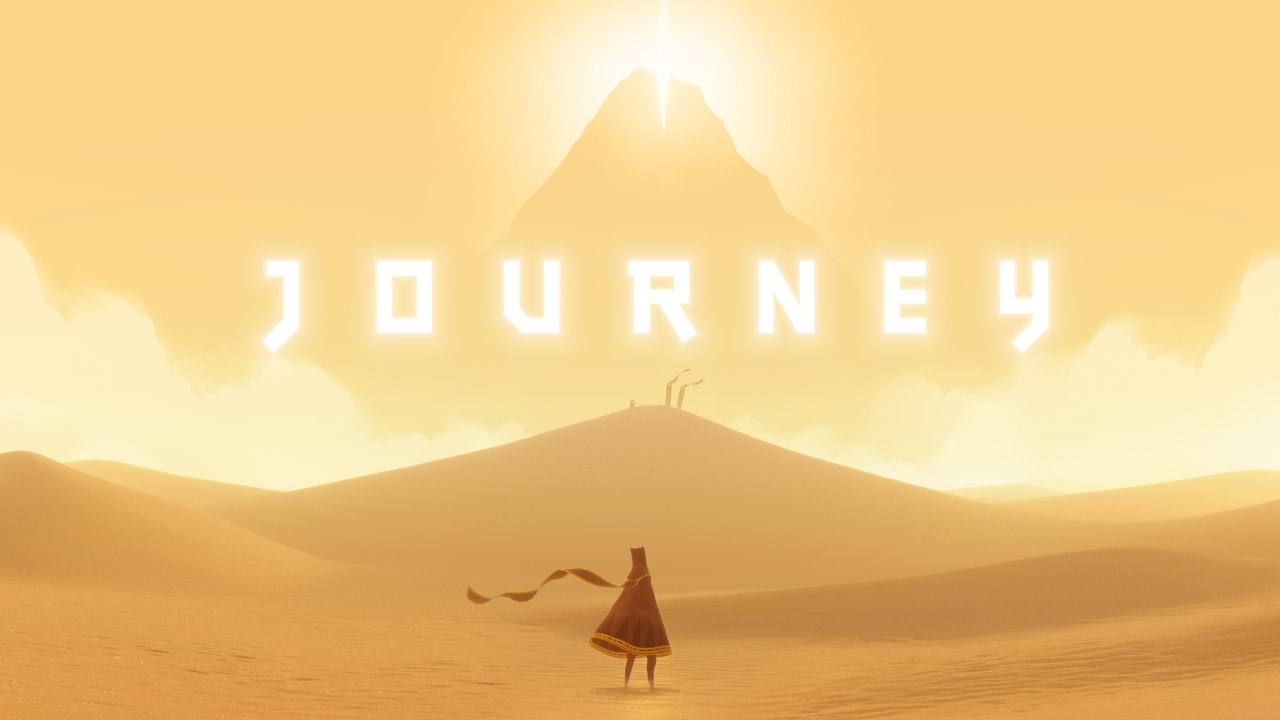Video games age like fine wines, but their experts have aged like smelly, moldy cheese.
As the video game industry is aging, games are quickly moving past the benchmarks that Mario and Pac-Man set in the early 80’s. Graphics are constantly improving to the point of photo-realism, stories and becoming deeper and more meaningful. Even the audience is starting to shed its neck-bearded and nerdy stereotype. Games aren’t only about reaching a high score or beating your little brother at Street Fighter anymore; games are becoming art. However, it’s unfortunate that those who talk about and study games haven’t caught up with that complexity yet.
I’m not trying to say that everyone who talks about games is an immature baby, but there don’t seem to be any real authorities on games like there are in other industries or art forms. We have game critics, but where are our game scholars or game experts? Critics are good at making surface-level observations and are educated enough to make judgements, but they often seem to be trying to answer the question “Is this game worth buying / playing?” and not “why is this game interesting?” Forming a deep emotional connection to a work of art or media is not exclusive to video games, but further exploration of that connection, beyond banal and often boring discussion, is rare to the form.
For example, Kevin VanOrd’s review of the PS4 version of Journey, hosted on Gamespot.com here, describes the game as “simply a beautiful game with a glorious soundtrack, grounded by a wistful cello melody later threaded through a warm quilt of winds and strings” and he describes how “the tears still streamed, almost inexplicably” even after his eighth playthrough. He writes a glowing review of the game, but he never stops using empty vocabulary words like “beautiful” or “deep;” he says that this game is good in a million different ways, but not why it’s good.
Developers like thatgamecompany have created truly touching experiences that make the player feel something other than regret over a poorly-spent $20, and VanOrd certainly picks up on that. However, I want to know things like what kind of themes Journey might be exploring, how it potentially fits inside or pits itself against a given genre of video games.
Part of the problem is that so much of how we look at games is tied up in worth and monetary value. Instead of trying to determine what a game is saying, most stop at whether or not it’s worth buying or not. Like film and music, video games have membership cards to both the art and business clubs, but most games appear to have much more invested in business than art. Because AAA games often cost tens of millions of dollars to develop and advertise, massive sales numbers must be reached in order to recoup the investments put into one of these games. Developers and publishers can opt to make lower-budget games, but smaller games often means smaller revenue, especially when compared to the amounts of money that big-boys (like the Call of Duty franchise) earn in profit.
It’s a shame that the business side of the video game industry has largely overshadowed the artistic branch of the medium, but it’s really hard to blame anyone in particular for that fact. With that much money on the line, it makes sense that a lot of the writing and video work about gaming topics center around the game’s monetary worth. Games will always be products, but that doesn’t mean that they can’t be more.
Fortunately, it doesn’t seem like I’m alone in thinking that video games deserve more serious consideration. Things like the Extra Credits series of videos are great examples of what could be; insightful and informative video game analysis. We need more of this and fewer articles with titles like “24 of the Best Awesome Guns That Shoot Bullets in Video Games.” Even some college professors are starting to teach classes on video games and run research projects around them. The study of video games is still in its infancy, but it has the potential to grow into something more.
I may be a bit delusional because I never seem to shut up about video games, but I really believe that video games are worthy of much more attention and study than we’ve given them recently. These things can only reach their true potential if we allow them to and if the player base begins to expand their mental horizons. Games are clearly growing up, and hopefully those who play them and talk about them will evolve in a similar fashion.



